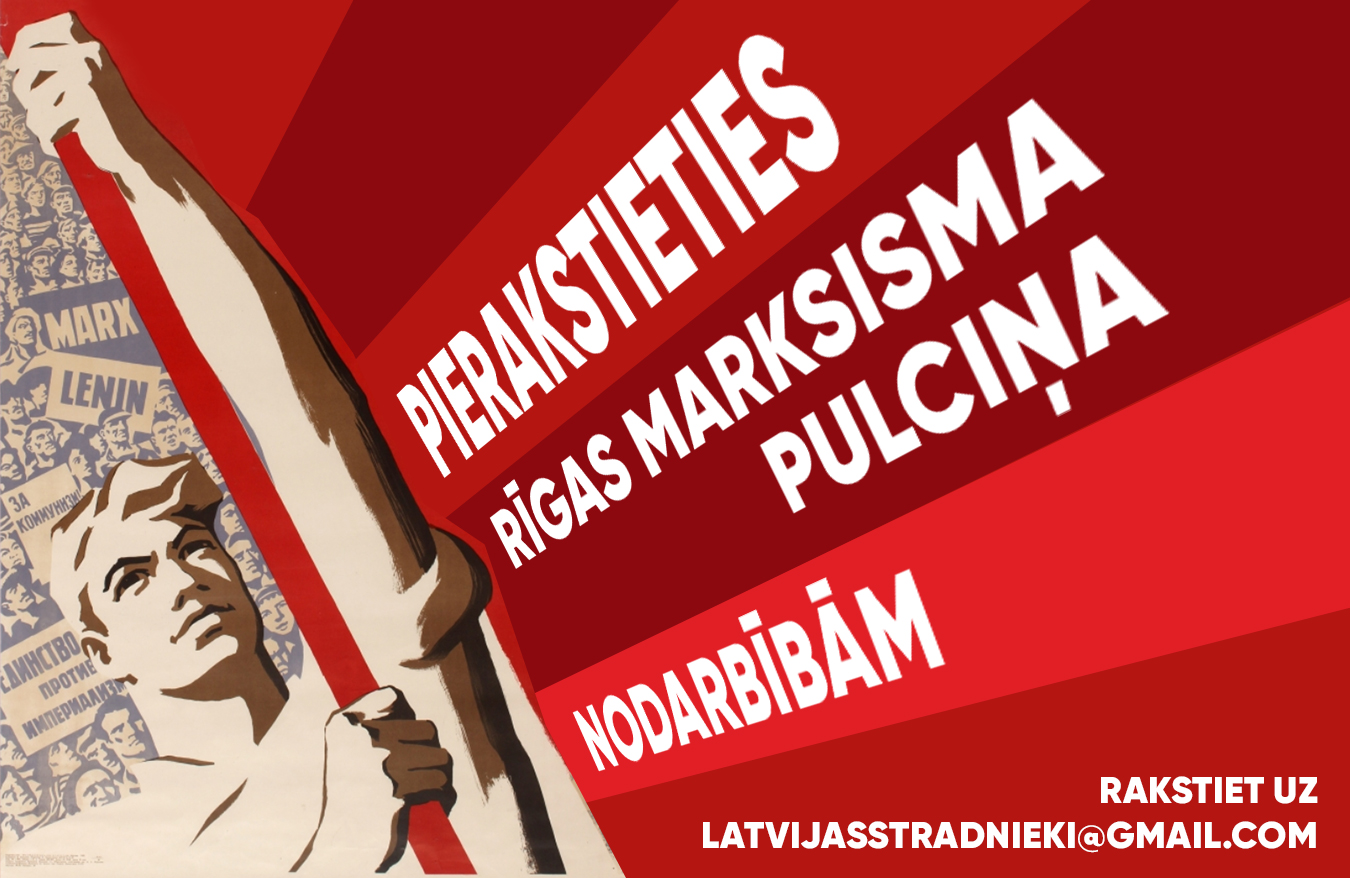Appeal of a conscious Latvian schoolchild to a “literate consumer”
Exploring the standard of living in different countries, bourgeois analysts usually compare people by their ability to consume goods. Say, the one who consumes and buys more, he lives better, and the one who is endlessly ready to chase new goods, as in the so-called countries of the golden billion, he generally lives better than anyone.
Indeed, in the minds of most people around the world, among Americans, Russians, and people of other nationalities, thinking prevails, which could be abbreviated as: “apartment, cottage, car” – a triad that characterizes the consumer ideal, a prestigious symbol of high social status and wealth, the highest degree of wealth. Dreams about a good career, about a good employer, about starting your own business, about a single vacation abroad go wandering alongside this triad… Going to restaurants, buying a fur coat, smartphone, sneakers for 200 euros – you can list continue yourself to infinity.
But let me…
Since when is the petty-bourgeois kit “iPhone, car, cottage” began to be called ideal life? Is it really standing for hours in traffic jams on your “car” on credit, getting into credit cabala, mechanically burning money and valuable time – this is the ideal of a real person? Why did it become the ideal of life to hump in an office for an employer for 8–10 hours a day, or even more so that once a year, on a single vacation, fly for a week to the Bahamas or Turkey? Work on an unloved job? To be an employer, a despot-warden? To earn so that most of the salary goes only to support their own existence? Ever walk on the heads of others to consume more? Why does the choice in our modern society comes down to just one question: to be a hired slave or to enslave others for hire?
Does a person really need to be loved, respected, feel joy for his work, work in acceptable conditions, meet people on his way who are ready to help, not competitors, to be healthy (free, without any conditions, heal), educated (free to get an education), be a dreamer, think for centuries and millennia, and not only care about the inheritance after death or about the state of the wallet for tomorrow?
The capitalist system destroys dreamers
Capitalism does not need a comprehensively developed harmonious healthy person, capitalism only needs someone who can work endlessly, buy, consume, not ask unnecessary questions and not protest.

Once forgotten old Karl Marx, in his work “Economic-Philosophical Manuscripts of 1844” wrote the following:
“What, then, constitutes the alienation of labor?
First, the fact that labor is external to the worker, i. e., it does not belong to his intrinsic nature; that in his work, therefore, he does not affirm himself but denies himself, does not feel content but unhappy, does not develop freely his physical and mental energy but mortifies his body and ruins his mind. The worker therefore only feels himself outside his work, and in his work feels outside himself. He feels at home when he is not working, and when he is working he does not feel at home. His labor is therefore not voluntary, but coerced; it is forced labor. It is therefore not the satisfaction of a need; it is merely a means to satisfy needs external to it. Its alien character emerges clearly in the fact that as soon as no physical or other compulsion exists, labor is shunned like the plague. External labor, labor in which man alienates himself, is a labor of selfsacrifice, of mortification. Lastly, the external character of labor for the worker appears in the fact that it is not his own, but someone else’s, that it does not belong to him, that in it he belongs, not to himself, but to another. Just as in religion the spontaneous activity of the human imagination, of the human brain and the human heart, operates on the individual independently of him – that is, operates as an alien, divine or diabolical activity – so is the worker’s activity not his spontaneous activity. It belongs to another; it is the loss of his self.
As a result, therefore, man (the worker) only feels himself freely active in his animal functions – eating, drinking, procreating, or at most in his dwelling and in dressing-up, etc.; and in his human functions he no longer feels himself to be anything but an animal. What is animal becomes human and what is human becomes animal.
Certainly eating, drinking, procreating, etc., are also genuinely human functions. But taken
abstractly, separated from the sphere of all other human activity and turned into sole and ultimate ends, they are animal functions.
…
This relation is the relation of the worker to his own activity as an alien activity not belonging to him; it is activity as suffering, strength as weakness, begetting as emasculating, the worker’s own physical and mental energy, his personal life – for what is life but activity? – as an activity which is turned against him, independent of him and not belonging to him. Here we have self-estrangement, as previously we had the estrangement of the thing.”
Think, decide, comrades!
“Be realistic, demand the impossible!”
(Jean Duvigno and Michelle Leris)
Conscious Latvian schoolboy
